Strong information skills are not only important for improving your work in assessments, they’re also useful life-long skills that are increasingly important in our digital society. Strengthening these skills will help you to find and engage critically with information both for your assignments and in your future beyond University.

During Enrichment Week we ran a session looking at how you can reflect on your current information skills and discover resources, tools and advice that can help you take your capabilities further. If you missed the session and want to learn more, this blog summarises the steps you’ll need to take to improve your own information and digital skills. You’ll also find slides from the session at the end.
Reflect
Reflection is an important part of the learning process as it allows you to identify your current practises, see your areas of strength and what works for you, and think about how you can adapt, change or develop your skills going forward to meet new challenges.
The ASK webpage below goes into more detail about reflective practice, while our quizzes will help you reflect on your current information skills:
Tools:
Set SMART goals
The next step is to consider what you want to put into practice, change, use or try based on your reflections. You need to give yourself a goal, target or action plan to work toward – this should be SMART:
- Specific
- Measurable
- Achievable
- Relevant
- Time bound
So for example, you might want to improve your referencing for your next assignment or focus on searching three new subject databases for information to help you write your literature review. Alternatively, you may want to use your skills in a different way, by researching employers before you write your CV.
The frameworks below can be useful both for reflection and for selecting goals as they highlight the kinds of skills you should be developing as a University Student. You might also get ideas for goals from feedback from your assignments, from the kind of skills you’ll need in your future career, or simply by just selecting a topic you find interesting.
Tools:
- Student development and progression (UG)
- Vitae Researcher Development Framework (PG)
- NCL Graduate Skills Framework
- Employability Guide
Explore
The Library is here to help you every step of the way and have created a host of useful tools and guides to help you develop your information skills. Once you’ve set your goal, take some time to explore the support that is available to you.
Tools:
- Subject Guides – useful for finding subject-specific resources that can help you locate reliable information for your assignments.
- Resource Guides – help you access a range of different information types, from newspapers to maps to company information.
- Skills Guides – helpful advice and tools to aid you in finding, managing and evaluating information.
- Search Planner – a great tool for helping you prepare for your dissertation literature review
- ASK website – designed to support you in developing your wider academic skills, includes a host of helpful tools, guides, videos and resources.
- One-to One appointment – chat to your Liaison Librarian about your information skills, we can help you find information, think critically about resources and manage your references.
Practise
As with any skill, the only way to improve your chosen information skill is to practise it, so look out for chances to do this. These opportunities may pop up in your modules with formative assessments or quizzes, or you may need to set aside some time to practise independently. For example, you could try some of the tutorials or workbooks below that were designed to help you practise some key skills:
Tools:
- Tutorial: Finding eBooks and eJournals
- Tutorial: Evaluating Information
- Tutorial: Cite Them Right (Referencing and Plagiarism)
- You’ll need to log in then select the tutorial button on the top right of the homepage.
- Teach yourself EndNote
Reflect again
Reflection is an iterative process. Once you’ve had time to explore, practise and apply your chosen skill and feel that you’ve achieved your goal, repeat the reflective process to see how far you’ve come and think about where you might go next!

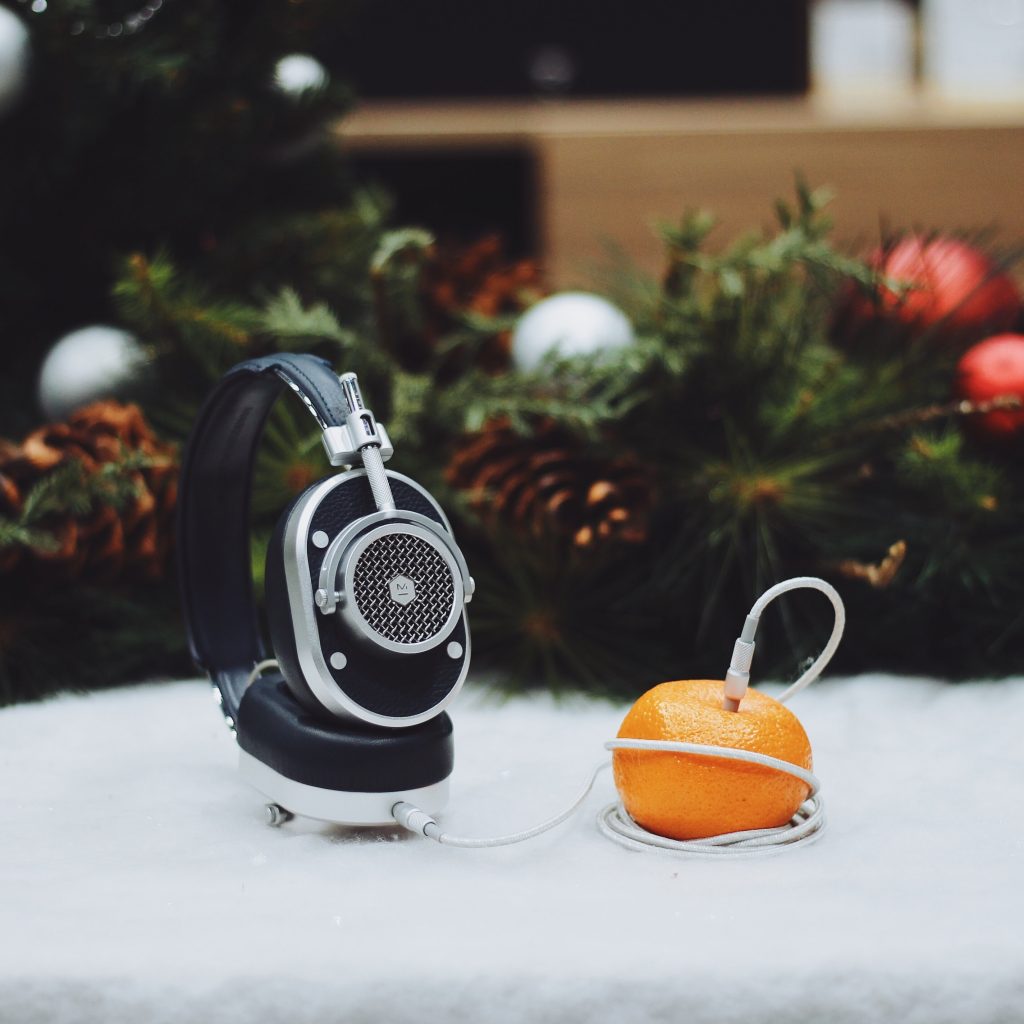
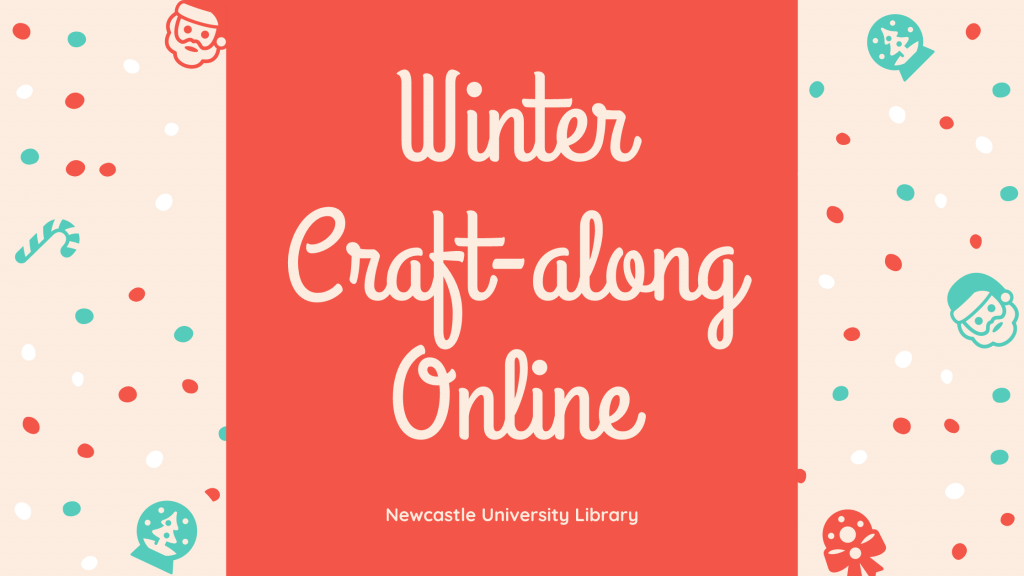
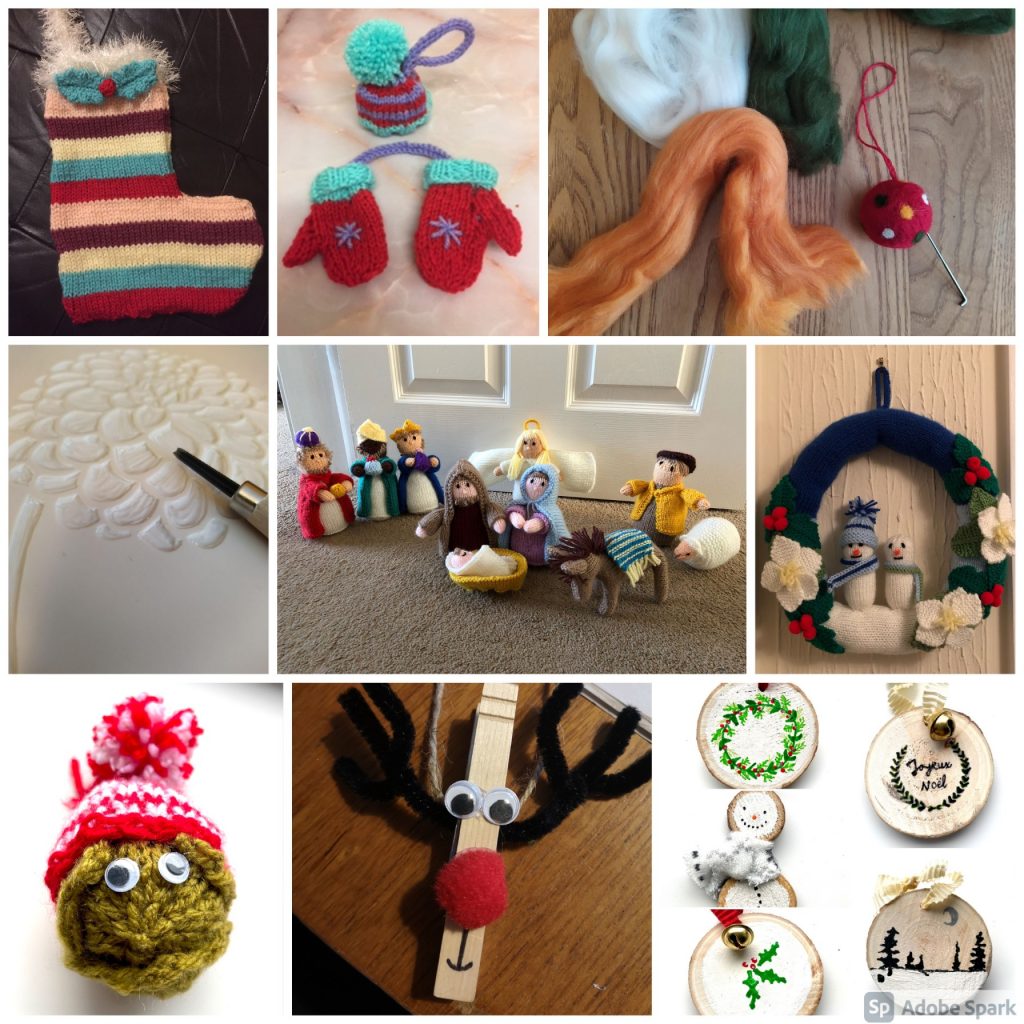
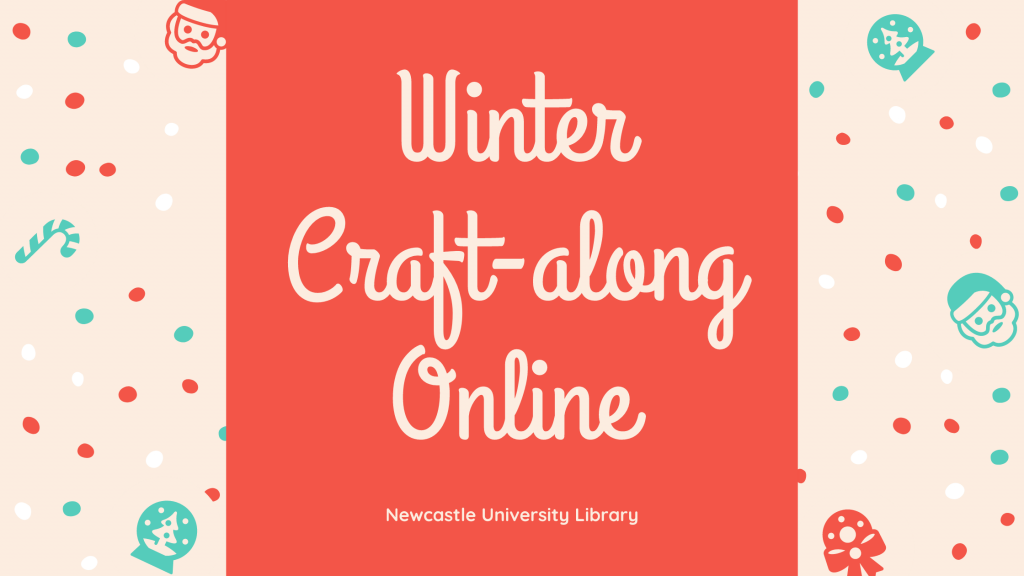
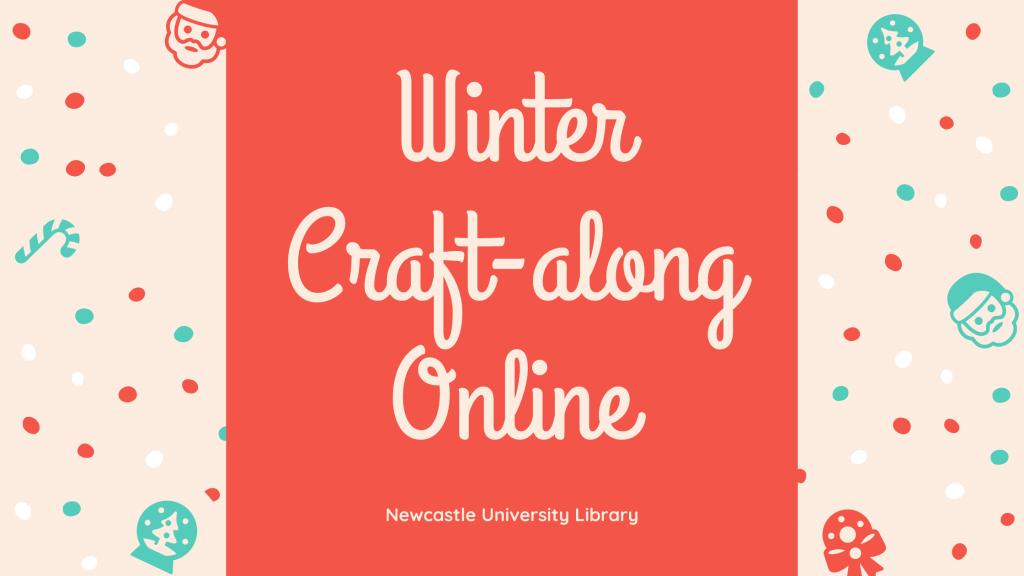

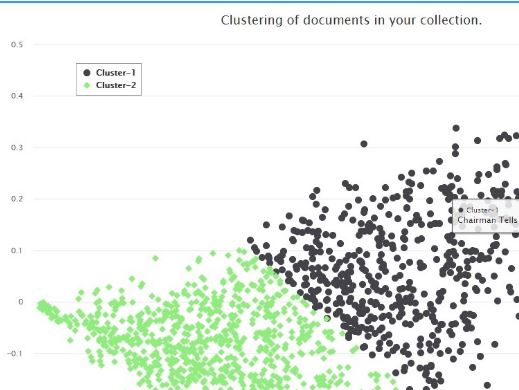
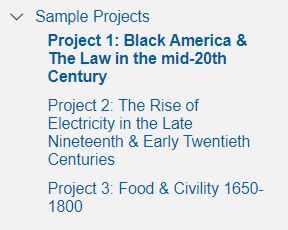
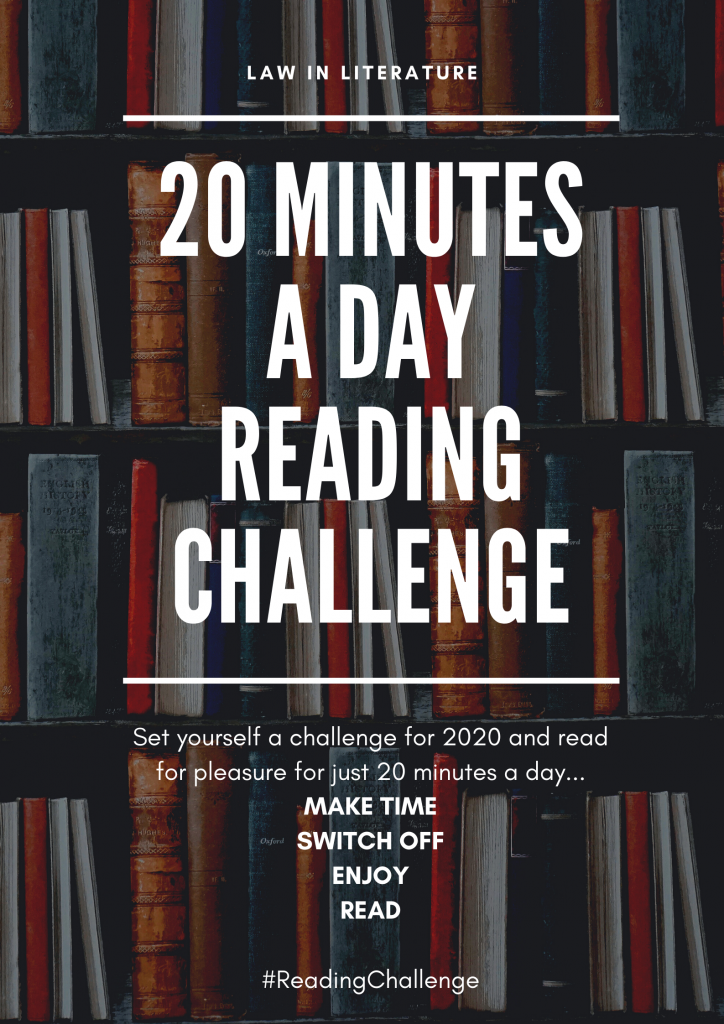
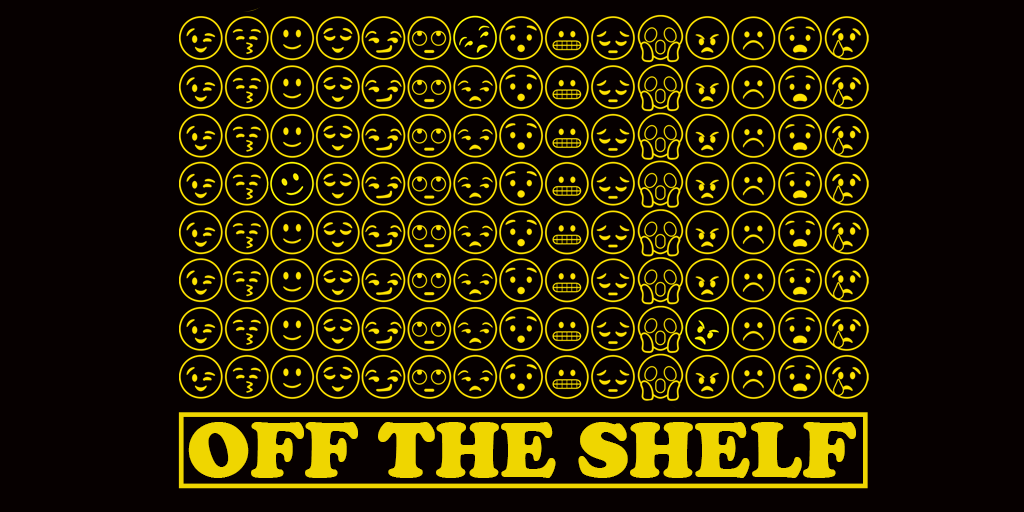
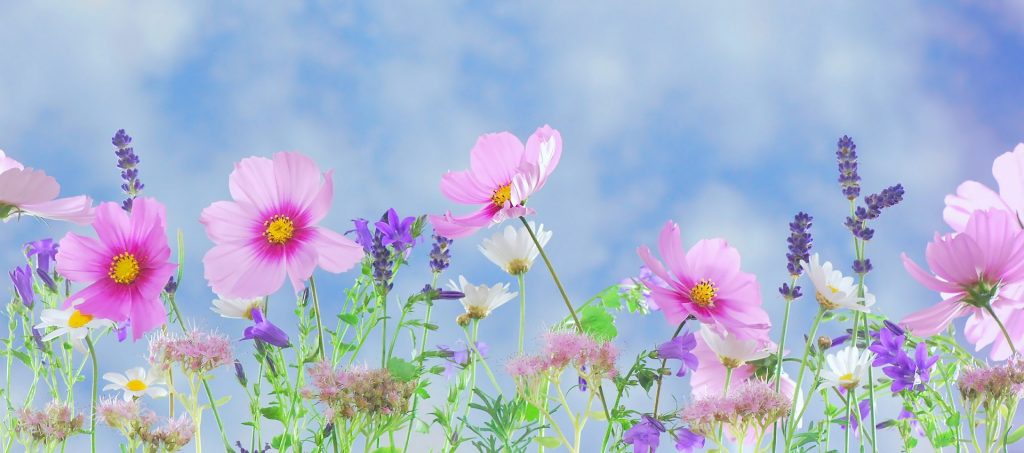 Today celebrates the 190th anniversary of the founding of the
Today celebrates the 190th anniversary of the founding of the 